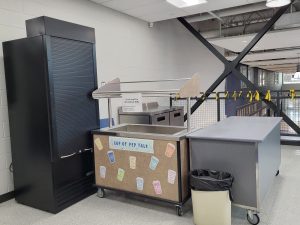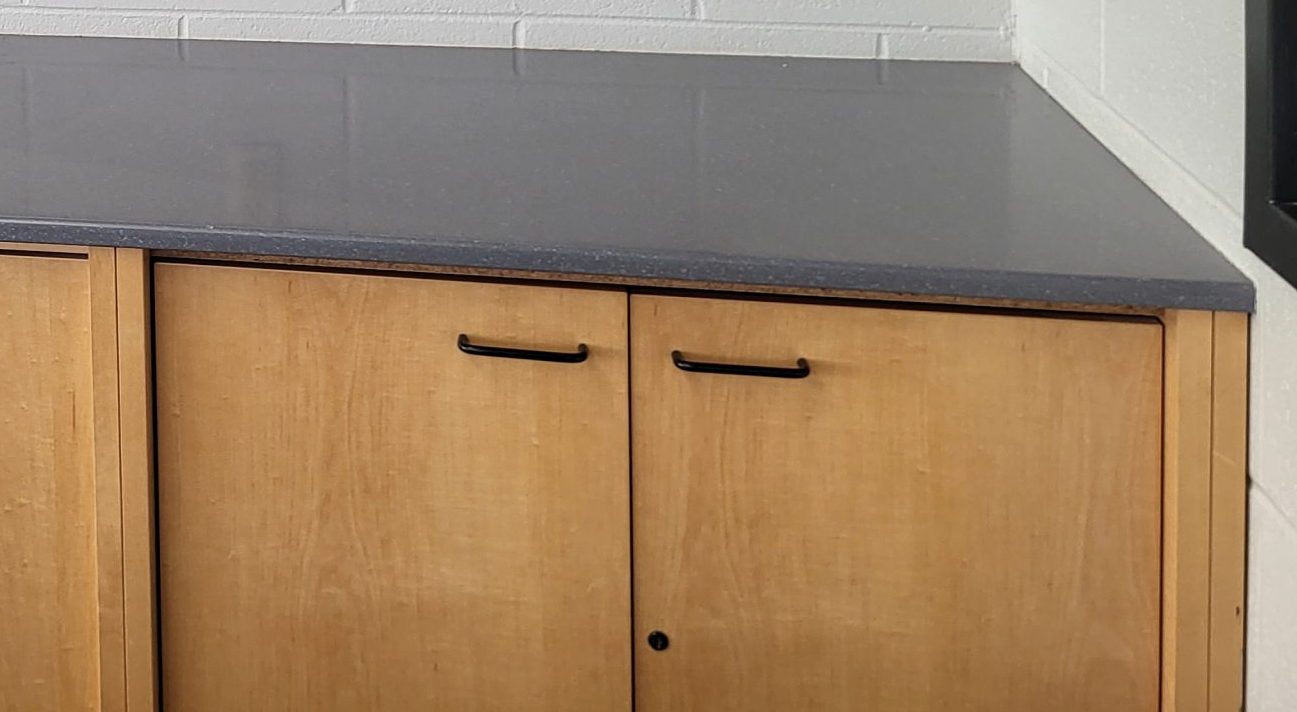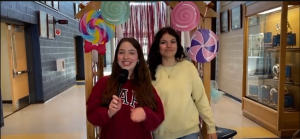As of Jan. 21 teachers and clubs were no longer able to sell snacks to students.
This sudden ban shocked many students, who responded with immediate concern. However, most students did not know all the facts behind the decision.
“ [I] didn’t know the reason why the snacks were banned,” said junior Sarah Shaffer when prompted about the issue.
Beginning at the start of the 2024-2025 school year, the school district has been able to provide one free meal to each student per day as part of a federally-funded program.
“The Montoursville Area School District is pleased to announce that free school meals, both breakfast and lunch, will be available for all students throughout the 24-25 school year,” said the district, upon announcement of this service on Montoursville Area School District’s website. They continued, “Students may receive one free school breakfast and one free school lunch each day school is in session.”
Recently, the school learned of a federal guideline the district must follow in order to have access to the free meals promised by the program. Unfortunately for the student body, this guideline prohibited the sale of snacks sales among individual teachers or clubs within the schools.
“While the snack sales have benefited many clubs, they are not in compliance with the guidelines the federal government requires that we follow to get the millions of dollars of federal funding we need to provide the free meals,” said Vice Principal Mrs. Susan Wise when she was explaining the snack sale ban.
Junior Walker Wood expressed his opinion saying that the ban was “unjust” because “the snacks aren’t being bought with federal grants, but with the seller’s money.”

Students are very upset about this snack ban because many have relied on having the ability to buy snacks or drinks whenever they feel the need for as long as they can remember. Some students spent around ten dollars every week on snacks.
“I think it is unreasonable,” said sophomore Ava Barto on the topic of the ban. “The snacks were a good thing to help raise money because a lot of kids bought snacks.”
Although students will still have the option to buy snacks in the lunch room at an additional cost separate from their free lunches, the majority of them liked the other snacks better.
“[I] don’t like the snacks in the lunch room,” said an anonymous student.
A popular tradition among the student body was the weekly “Sticky Bun Wednesday,” sponsored by the Key Club, where sticky buns were sold from 7:45 to 8:15 A.M. every Wednesday morning in order to raise money for a handful of club members to travel to the Key Club District Convention, or DCON.
According to the Key Club Adviser, Mrs. Andrea Tira, the money raised from sticky bun sales lowered the cost from $400 to about $175. “[I] am afraid that in coming years, [the club] may not have students who are able or willing to pay the full price to attend,” said Tira.
Although, after being promised by principal Mr. Matthew Johnson that he would come up with new ideas about how to raise money for clubs throughout MAHS, Tira said that she is “hopeful.”
When prompted what the hardest thing about no longer having the ability to buy snacks in school would be, sophomores Carter Peters and Faith Berwanger both said, “No sticky buns,” also noting that they were their “go-to” snacks.
The Key Club isn’t the only club to be stripped of this method of fundraising, as now every student organization is no longer able to utilize food sales for raising money.
“As an officer in multiple clubs, snack sales are a main source of income to fund the clubs,”said Senior Class President Karleigh McKenna. McKenna also stated that this issue will be the hardest obstacle to overcome surrounding the ban.
In addition to concerns about the loss of a fundraising opportunity, feelings of resentment still linger regarding the recent school ban on phones and the Yondr pouches. These feelings are now contributing to the snack sale debacle.

“I am deeply upset and I think it’s unfair because they already took our phones and now they are taking our snacks,” said sophomore Rylie Cochran.
“The [snack sale] ban takes away more of our freedoms just like [the district] did with our phones,” said sophomore Ryliegh McConnaughhay in agreement to Cochran.
On top of that, several students at MAHS do not have a lunch period built into their schedules due to their high academic standards, meaning they do not have a dedicated time to go to the cafeteria to receive and eat a lunch.
Junior Lea Beishline is one of those students and she shared her concerns surrounding her schedule and the snack ban.
“I don’t get a chance to go to the lunchroom as I don’t have a lunch [period], so I can’t conveniently get food during the day now,” said Beishline.
A recent survey was randomly sent out to students from all grade levels to fill out regarding their opinions on the snack sale dilemma, and out of around 50 received responses, only one student agreed with the district’s decision.
“I think I would rather have free lunches than snacks because it means every kid will have a lunch,” said senior Cecelina Sawyer. “It may be annoying, but free lunches are a big help for some families.”
The majority of students desperately wish for the snack sale ban to be lifted, but, as of now, it looks as though the ban is here to stay.
“Food insecurity is a real issue in our district and we need the funds to help ensure that those students who need the meals are able to get them,” said Wise.
Featured Photo (at top): This is the old snack counter located in the library. It was a popular choice among students due to the energy drinks sold there. Photo by Alice Ravert







Socials